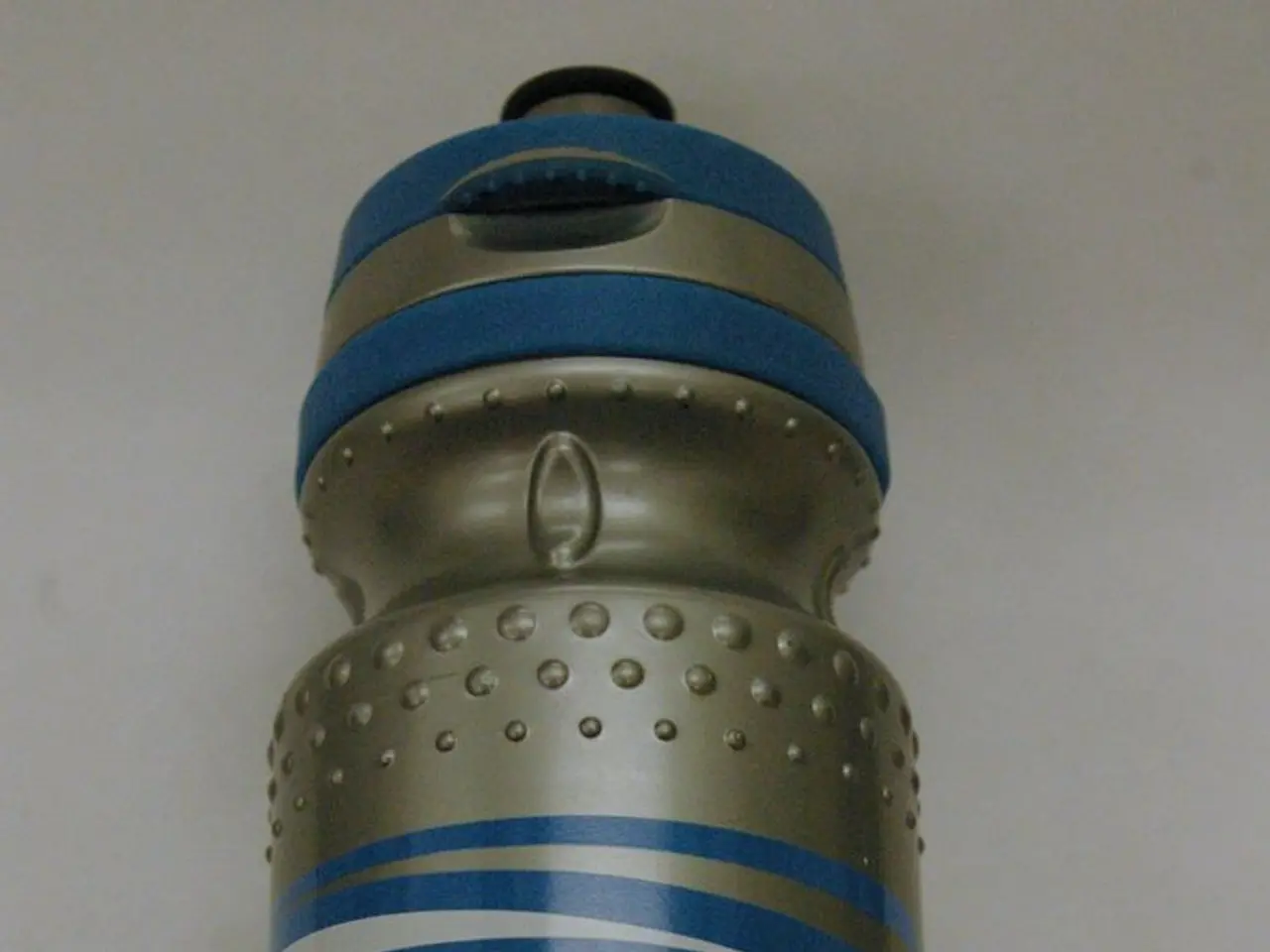Arab scientists in Dubai unveil first regional pangenome reference, propelling advancements in precision medicine.
The Mohammed Bin Rashid University of Medicine and Health Sciences (MBRU) has made a significant breakthrough in the field of genomics with the publication of the first high-quality, population-specific Arab Pangenome Reference in the peer-reviewed journal Nature Communications. This groundbreaking study, led by scientists at MBRU, aims to fill critical gaps in global genetic databases that have long underrepresented Arab populations.
The research, conducted entirely in-house at MBRU's Center for Applied and Translational Genomics, uncovered over 111 million previously unsequenced DNA base pairs, nearly 9 million small genetic variants, and more than 235,000 structural variations unique to Arab populations. These findings significantly broaden the scope of Arab genetic diversity and contribute meaningful data to international scientific efforts.
Key findings of the study include the identification of 883 duplicated genes unique to Arab genomes, such as the duplication of the TATA-binding protein gene TAF11L5, absent from global databases but found in all Arab samples. This gene duplication may have functional and clinical relevance.
The Arab Pangenome Reference, called UPR, showed improved mapping accuracy and variant detection sensitivity over widely used references, including the T2T-CHM13 and Human Pangenome Reference Consortium datasets. Each genome had on average 8.94 million small variants and over 17,000 unique structural variants that were Arab-specific.
To better analyze gene duplications and complex DNA changes in pangenomic data, the team developed a new bioinformatics tool called PanScan. This open-source tool, accessible on GitHub, facilitates future research in this field.
The implications of this work are far-reaching. The UPR provides a foundation for precision medicine tailored to Arab populations, enabling more accurate diagnostics, risk prediction, and therapeutic interventions sensitive to population-specific genetic variation. This resource addresses a significant underrepresentation of Arab genomes in global genomic datasets, supporting more equitable global genomics.
The study also supports the UAE National Genome Strategy’s goal to advance personalized and preventive medicine for the region. It demonstrates the value of using population-specific pangenomes rather than relying on universal references, advancing research methodologies and improving variant detection in genetically underrepresented groups.
Dr. Mohammed Uddin, Director of MBRU's Center for Applied and Translational Genomics, serves as the senior author of the study. Dr. Hanan Al Suwaidi, Acting Provost at MBRU, is a co-author. The study reinforces Dubai Health's long-term commitment to world-class research and innovation in healthcare.
The Arab Pangenome Reference represents a historic milestone in mapping Arab genomic diversity and enhances the precision and inclusivity of genomics research and healthcare for Arab populations worldwide. The full study can be accessed at Nature Communications.
In addition to enhancing the scientific understanding of Arab genomics, this study ensures local populations are represented in global health advancements. It not only contributes to international scientific efforts but also sets a new benchmark for precision medicine and personalized healthcare in the region.
- The new Arab Pangenome Reference, UPR, developed by scientists at Mohammed Bin Rashid University of Medicine and Health Sciences (MBRU), will provide a foundation for precision medicine tailored to Arab populations, enabling more accurate diagnostics, risk prediction, and therapeutic interventions sensitive to population-specific genetic variation.
- The research led by Dr. Mohammed Uddin, Director of MBRU's Center for Applied and Translational Genomics, uncovered over 111 million previously unsequenced DNA base pairs, nearly 9 million small genetic variants, and more than 235,000 structural variations unique to Arab populations, significantly broadening the scope of Arab genetic diversity.
- The development of a new bioinformatics tool, PanScan, by the study team will facilitate future research in this field, as it allows for better analysis of gene duplications and complex DNA changes in pangenomic data.
- The study reinforces Dubai Health's commitment to world-class research and innovation in healthcare, supporting the UAE National Genome Strategy’s goal to advance personalized and preventive medicine for the region.




